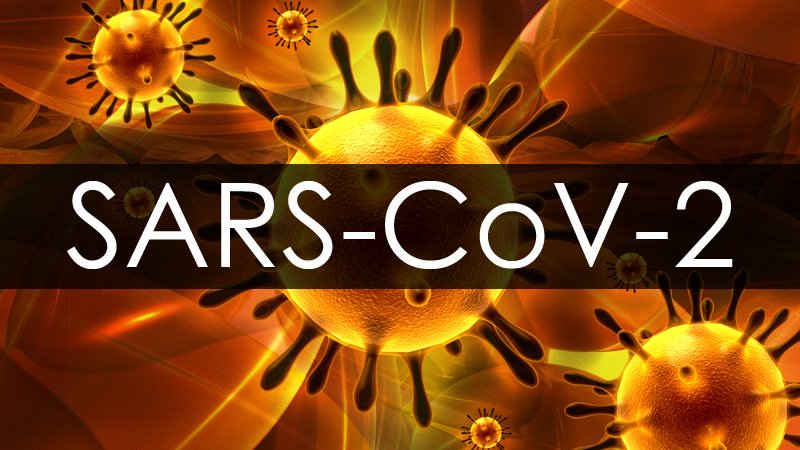A covid longa continua sendo alvos de estudos e novos descobertas.
Novos efeitos descobertos apontam para aceleração na piora cognitiva em pessoas com déficits prévios (comprometimentos como alzheimer, demência, defícits cognitivos etc). (vejam https://covid19.nih.gov/news-and-stories/rapid-progression-dementia-following-covid-19)
Vale destacar que as abordagens apresentadas não abordam diretamente o tema da covid, ou no caso, da Covid longa, como doença relacionada ao trabalho. Esse continua sendo um problema a mais sobre o qual precisamos agir.
Abaixo destaco página internet do NIH dedicada ao tema da covid longa.
Entre os temas destacados estão:
What Is Long COVID?
Symptoms of Long COVID
What We Know About Long COVID
What causes long COVID?
Why are some people more likely to get long COVID?
Can children get long COVID?
How can I prevent long COVID?
I have COVID-19. How can I reduce my chances of getting long COVID?
What can I do if I have long COVID?
How You Can Help Fight Long COVID
Long COVID Resources
- Efetue login ou registre-se para postar comentários







Artigo JAMAS sobre o mesmo…